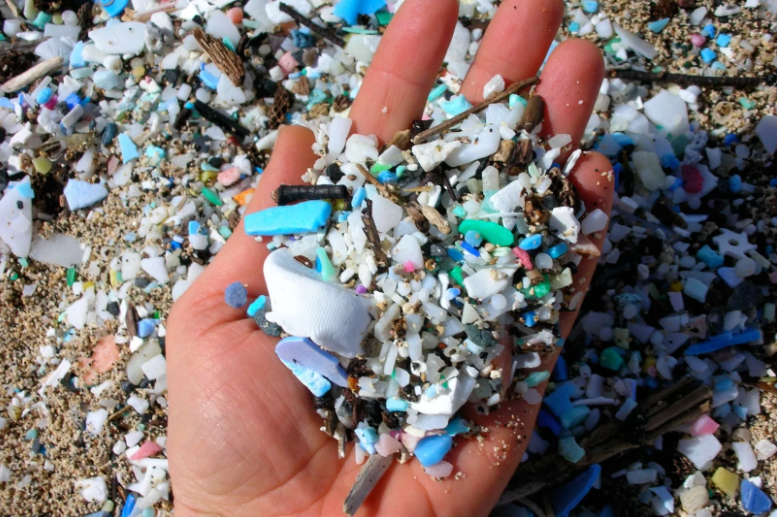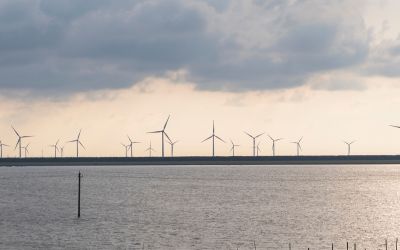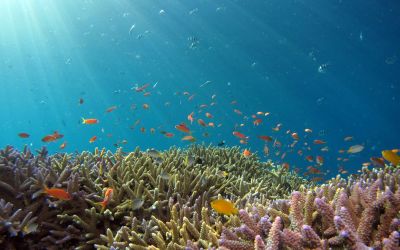The UK to direct foreign aid budget to fight plastic pollution in developing countries
British Prime Minister Theresa May has confirmed its plans to use the UK’s foreign aid budget to fight the immense problem of plastic pollution in developing countries.

British Prime Minister Theresa May has confirmed its plans to use the UK’s foreign aid budget to fight the immense problem of plastic pollution in developing countries.
As UN Environment reports, the announcement took place after Lewis Pugh, the organisation’s Patron of the Oceans, embarked on a direct campaign on the issue.
Theresa May said: “We've all been very concerned by the pictures we've seen in recent months of the impact of pollution on marine life, the impact of plastic pollution”.
She added: “We are looking at what more we can do and how we can use overseas aid money to ensure we're doing what I think everybody wants, which is reducing this terrible pollution that is taking place and affecting marine life so devastatingly”.
On Wednesday, Michael Gove, UK Environment Secretary, asked the Department for International Development (DfID) to consider increasing the proportion of the £13 million annual overseas aid budget that goes to fight plastic pollution across the world.
Lewis Pugh commented: “I've been calling on the UK to take urgent action on plastic pollution, and today we have reason to celebrate”.
“I’m thrilled that the British PM Theresa May has agreed to my recommendation and pledged to use foreign aid funds to tackle plastic pollution. It’s a global crisis and it needs to be tackled head-on”, he added.
A spokesman for the Prime Minister told The Daily Mail that “the environment secretary and the international development secretary are working together to see what more we can do”.
The details of Prime Minister’s pledge have not been announced yet, although Mr. Pugh suggests that the funds should be used on engineering, waste management strategies and innovative technology.
A new study by the Helmholtz Centre for Environmental Research (UFZ) in Leipzig, Germany, revealed that 90 percent of plastic waste entering the oceans comes from just 10 rivers, all in Africa and Asia.
“These places are where we should be concentrating our efforts. We’ve got to prevent it getting into the waterways first. Britain must lead the world on this”, Mr. Pugh added.






